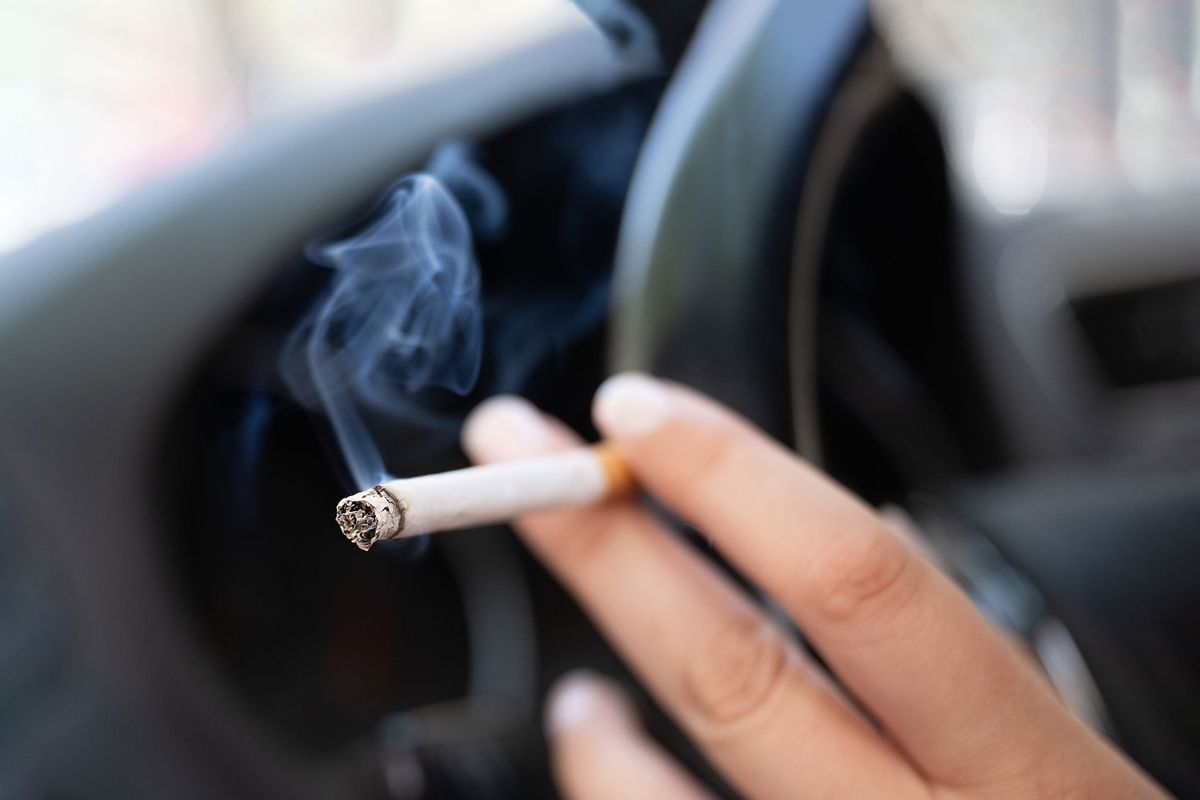Tobacco's popularity has long been a scourge of public health advocates, from the idea that smoking is "cool" to Big Tobacco spreading pseudoscience. Now public health advocates in New Zealand are grappling with a new headache: The reversal of a law intended to phase out tobacco use among young people.
The law — which created a steadily rising smoking age so people born after January 2009 could never legally purchase cigarettes — was intended as a so-called "generation ban." The policy included other measures that decimated the number of stores legally allowed to sell cigarettes (from 6,000 to 600), as well as reduced the amount of nicotine legally allowed in tobacco products. While those have taken effect, the generation ban was not scheduled to be implemented until July 2024.
Now it won't be put into effect at all, thanks to recent political negotiations in The Land of the Long White Cloud. Finance Minister Nicola Willis announced on Saturday that the policy is being reversed as the new coalition government seeks alternative methods to fund its tax cuts. The new approach has been met with dismay from public health advocates.
“This is major loss for public health, and a huge win for the tobacco industry – whose profits will be boosted at the expense of Kiwi lives,” Prof Lisa Te Morenga, the chair of non-government industry group Health Coalition Aotearoa, told The Guardian.

Shares